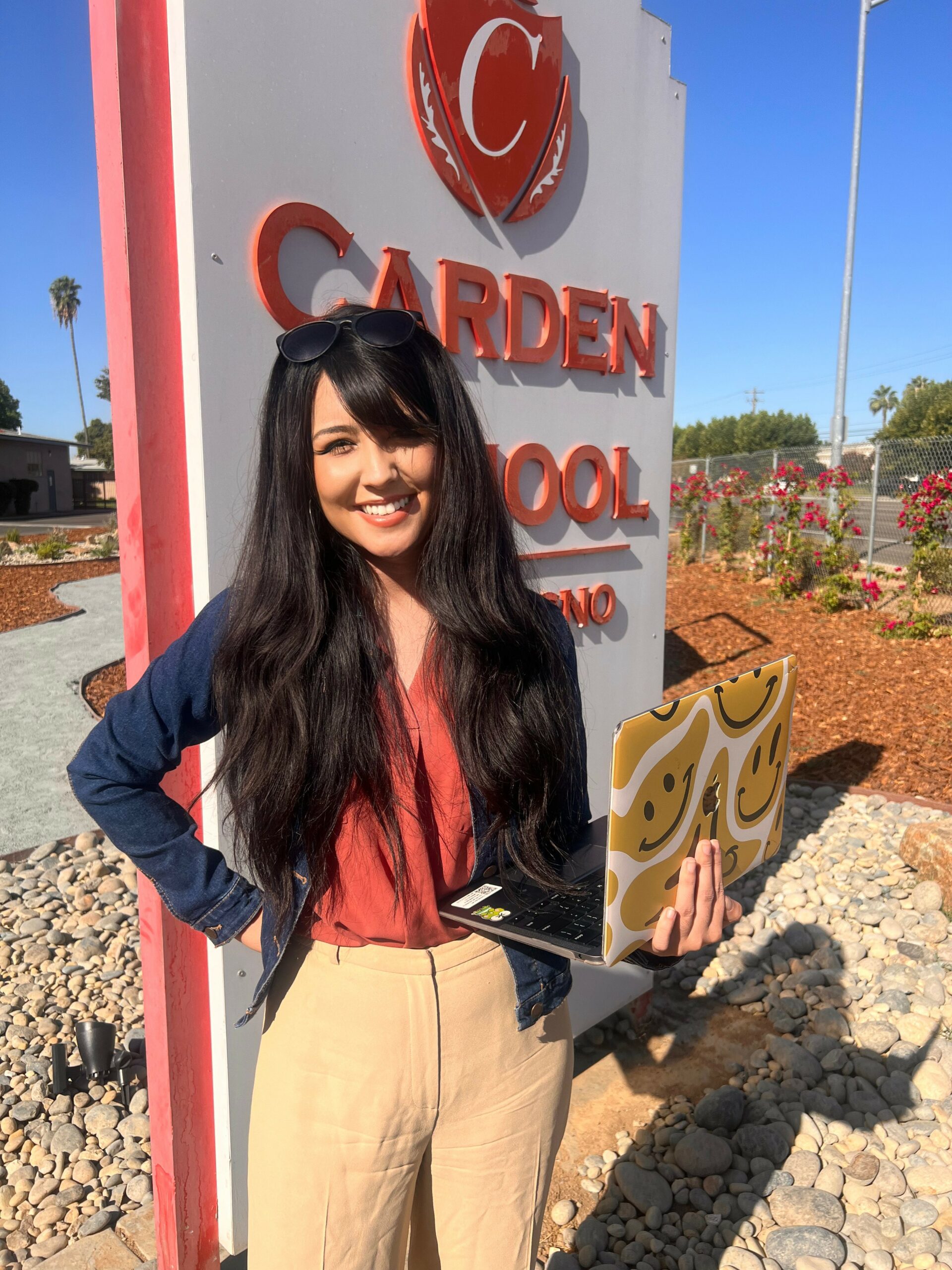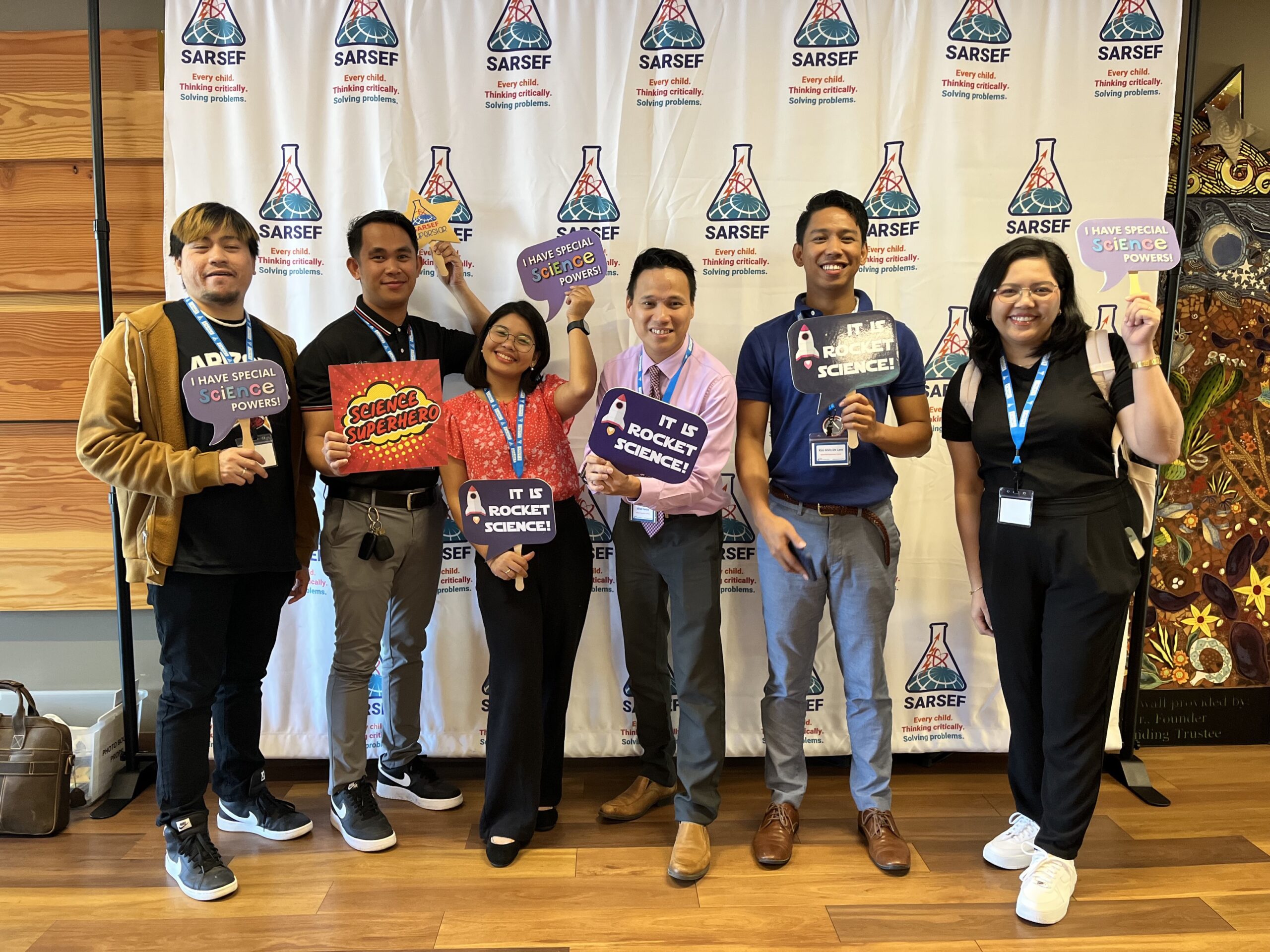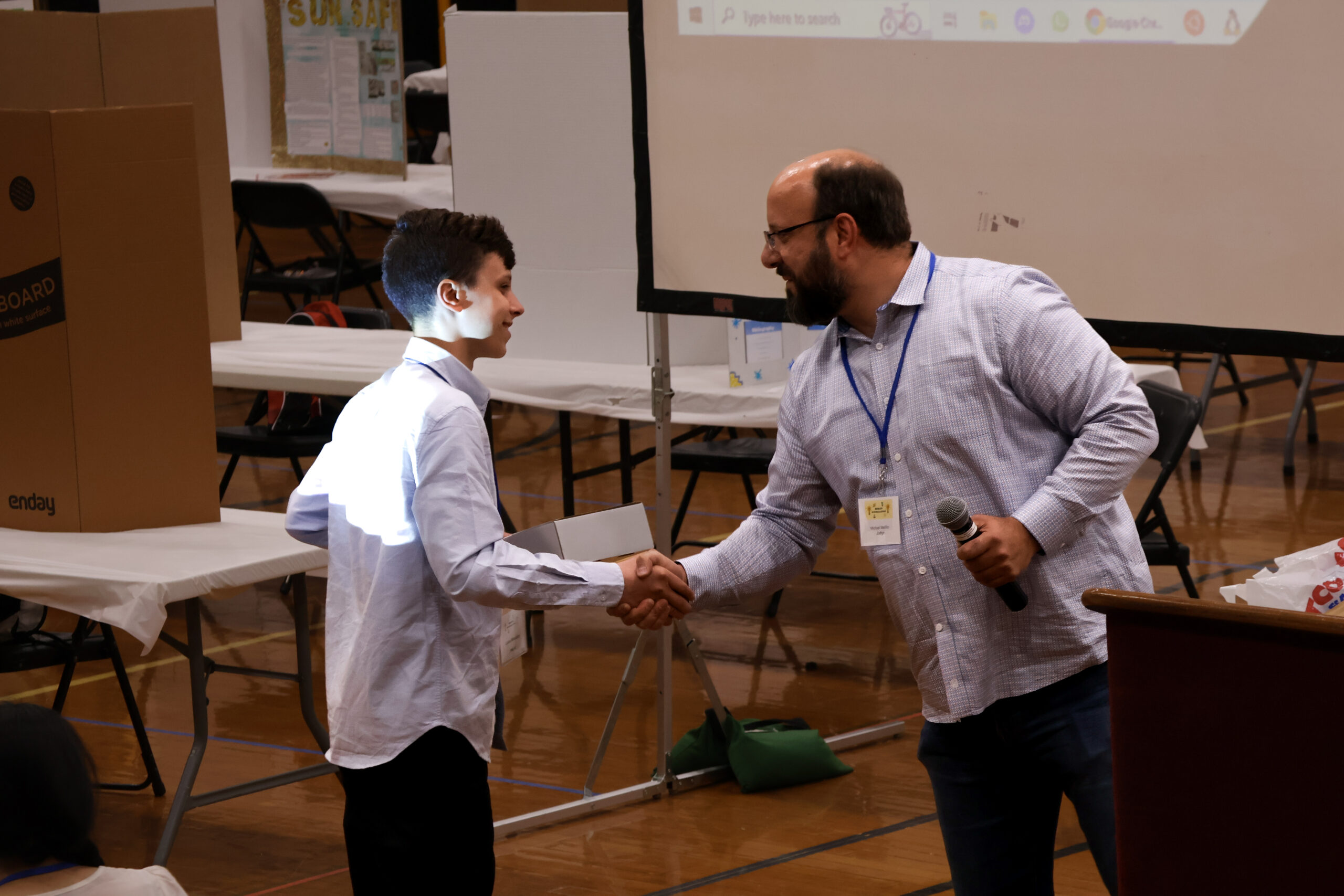Educator Spotlight – Dr. Hayley Yasui
Success Stories
Below, Dr. Yasui shares her journey to becoming a Teacher, Mentor, and Advocate for bringing Coding and Digital Literacy to middle school students.
Tell us how and why you became a teacher.
During my early academic years, I lacked motivation and didn't feel particularly compelled to excel. Like many students, it took time for me to discover my true passions and interests. However, once I entered college, something shifted within me, igniting a newfound enthusiasm for learning and education. During this transformative period, I had the opportunity to interact with teachers who played pivotal roles in shaping my path. Some of these teachers recognized my potential, provided guidance, and consistently encouraged my growth. They saw talents within me that I hadn't even recognized, creating an environment where I felt valued and motivated to succeed. Their unwavering support and belief in me played a significant role in my decision to pursue a career in teaching.
What’s the most rewarding aspect of teaching?
The most rewarding aspect of teaching lies in the ability to empower students to explore, excel, and make a positive impact in the world through their knowledge and skills in science, technology, engineering, and mathematics.
How did you get involved in science fairs?
As I started guiding students through the process of scientific inquiry, experimental design, and presentation, I noticed remarkable transformations in various areas. Firstly, their enthusiasm for science skyrocketed. The hands-on nature of the projects and the opportunity to explore their own questions sparked a genuine curiosity within them. Students became more engaged and motivated to delve deeper into scientific concepts. It soon became something that my students and I looked forward to each year.
Tell us about your experience mentoring students at science fairs.
One of the most gratifying aspects of mentoring students in science fairs is witnessing their growth and development throughout the process. Initially, they may start with vague project ideas or struggle to identify a research question. However, through brainstorming sessions, discussions, and guidance, they gradually refine their ideas and formulate meaningful research objectives.
Witnessing the growth, resilience, and enthusiasm of my students throughout the science fair journey is incredibly rewarding. Seeing their faces light up when they make significant discoveries, present their findings confidently, or receive recognition for their hard work fills me with pride as a mentor. It is a joy to celebrate their successes and watch them develop into confident and capable young scientists.
How did you get involved in teaching coding? Why did you start?
I began to integrate coding and coding concepts into my classes as I was motivated by the desire to bridge the digital divide and equip students with valuable skills for the future. I firmly believe that coding is not just about programming languages, but also about fostering critical thinking, problem-solving, and creativity. It empowers students to become creators, innovators, and active participants in the digital age.
What do you like about teaching coding? What are some challenges?
Coding often ignites a sense of curiosity and inquiry in students. It encourages them to ask questions, explore possibilities, and think outside the box. Teaching coding provides an opportunity to nurture this curiosity, guiding students to delve deeper into their coding projects, investigate new technologies, and explore the ever-evolving world of programming. Seeing students become lifelong learners and active seekers of knowledge is truly fulfilling.
Coding can be complex, especially for beginners. As a teacher, it is important to break down complex concepts into manageable pieces, ensuring students understand the fundamental building blocks before progressing to more advanced topics. Striking a balance between challenging students and preventing overwhelming them can be a challenge. Additionally, I am still learning aspects of coding and the best ways to integrate them into my own curriculum which presents its own challenges.
Why is coding good for the future?
Coding is fundamentally about problem-solving and logical thinking. It encourages students to break down complex problems into smaller, manageable parts and develop systematic approaches to find solutions. These skills transcend coding and are applicable to various domains, equipping students with a structured and analytical mindset to tackle challenges effectively and become active participants in their digital futures.

